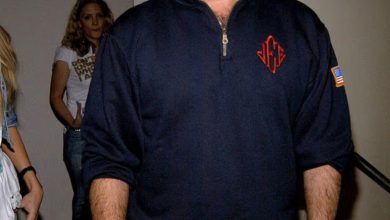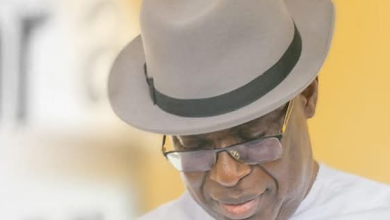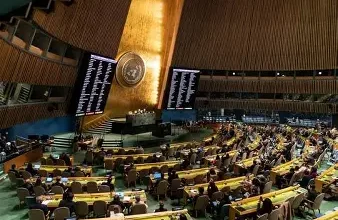Lead
Dangote Refinery drops N100bn lawsuit against NMDPRA, other defendants

Dangote Petroleum Refinery and Petrochemicals has withdrawn its lawsuit against the Nigerian Midstream and Downstream Petroleum Regulatory Authority (NMDPRA), the Nigerian National Petroleum Company Limited (NNPCL), and five other petroleum companies.
The case, filed at the Federal High Court Abuja, was formally withdrawn by the plaintiff’s legal team.
According to a notice of discontinuance filed before the court, Dangote Refinery resolved to end the proceedings against all seven defendants, including AYM Shafa Limited, A. A. Rano Limited, T. Time Petroleum Limited, 2015 Petroleum Limited, and Matrix Petroleum Services Limited.
The notice of discontinuance did not provide an official reason for the decision to withdraw the case.
Details of the decision, including the reliefs sought and whether an out-of-court settlement was reached, remain unclear.
Dangote Refinery had requested the court to award N100 billion in damages against NMDPRA for issuing import licenses to some marketers and allowing the importation of petroleum products.
The plaintiff alleged that NMDPRA violated Sections 317(8) and (9) of the Petroleum Industry Act by issuing licenses for the importation of petroleum products without a petroleum product shortfall existing.
The marketers requested that the court dismiss Dangote Refinery’s claims, insisting that competitive practices were essential to Nigeria’s economic health and the oil sector’s viability.
The defendants claimed that Dangote Refinery sought to monopolize the petroleum industry in Nigeria, where it alone would control supply, distribution, and pricing.
NMDPRA clarified that it issued oil licenses to NNPC Limited and oil marketers to address petroleum product shortfalls in the country.
The agency argued that it is mandated to promote competition and prevent monopolies in the sector, denying allegations of conspiracy against the plaintiff.
On 18 March 2025, the then-judge, Inyang Ekwo, dismissed the objection, ruling that the error in name did not render the suit defective.
The court also held that the defendants should have responded to the substantive claims before raising procedural objections.



